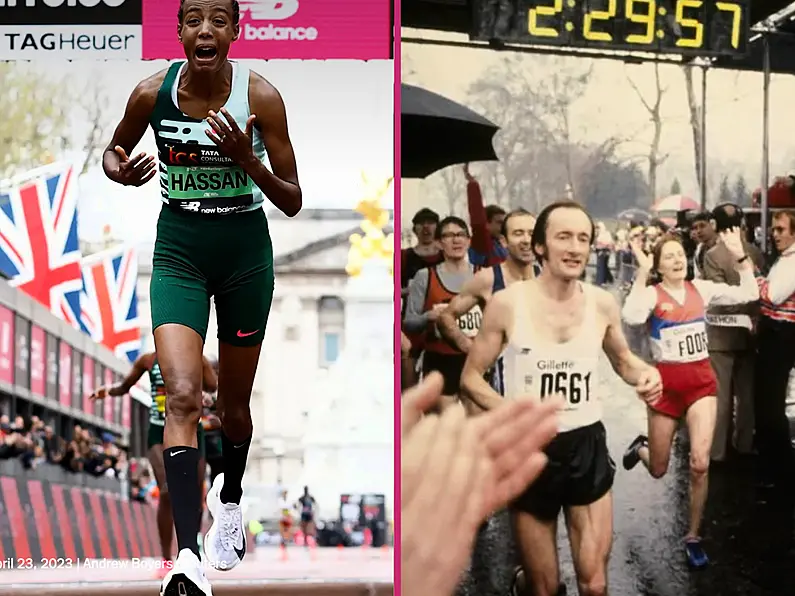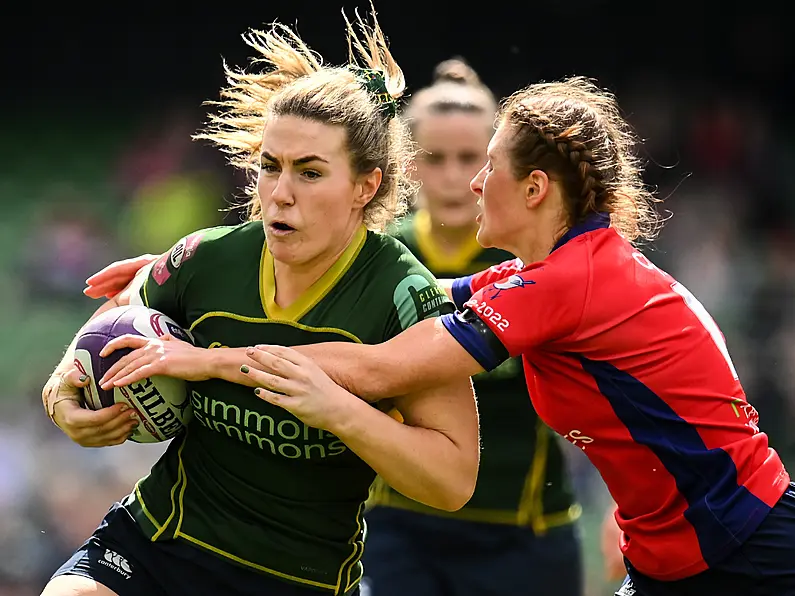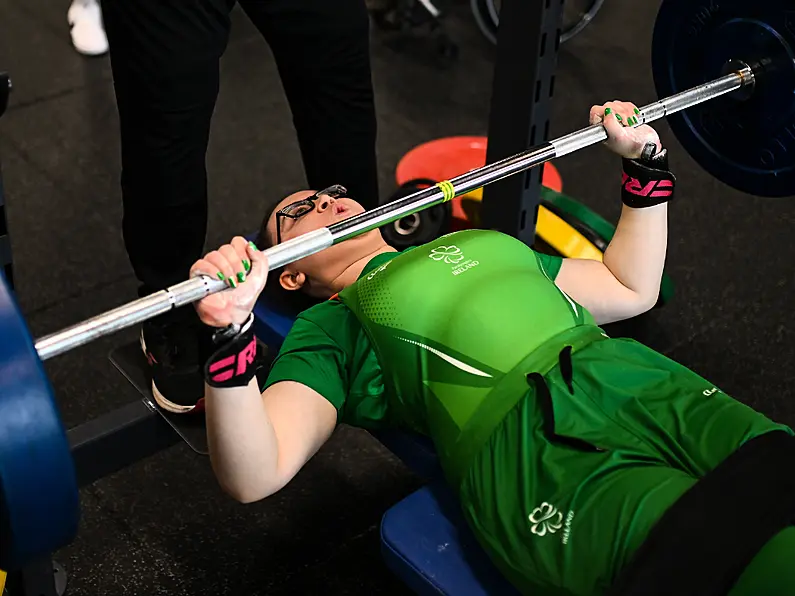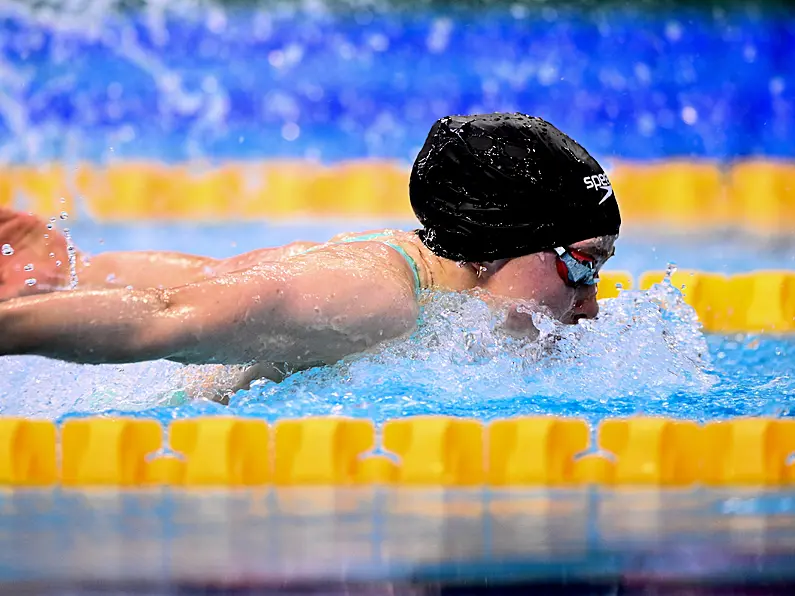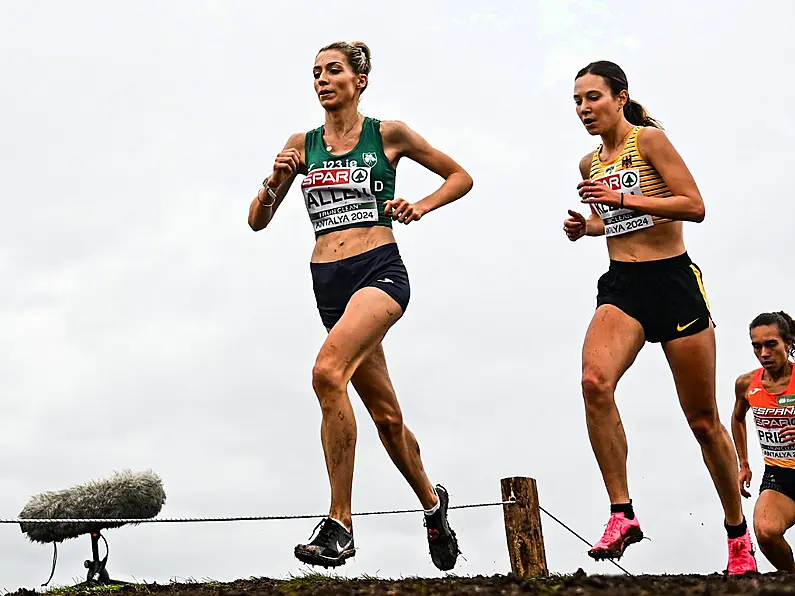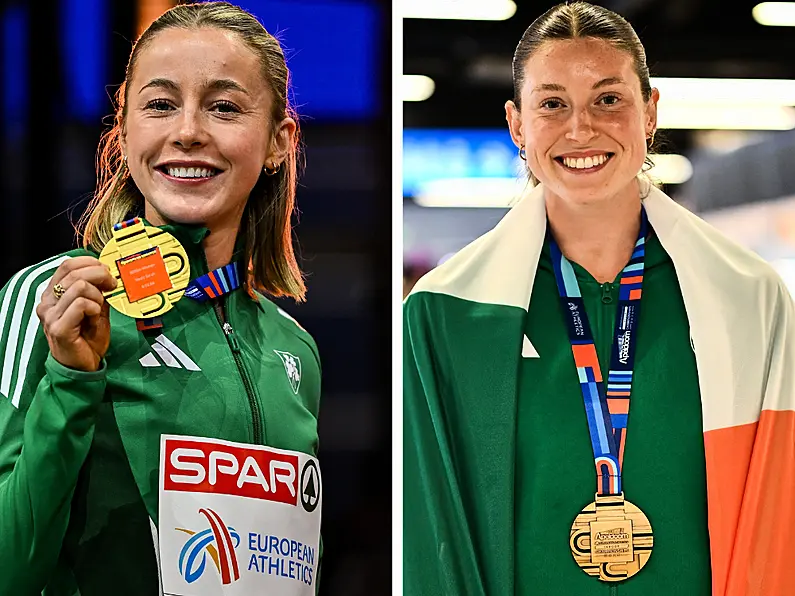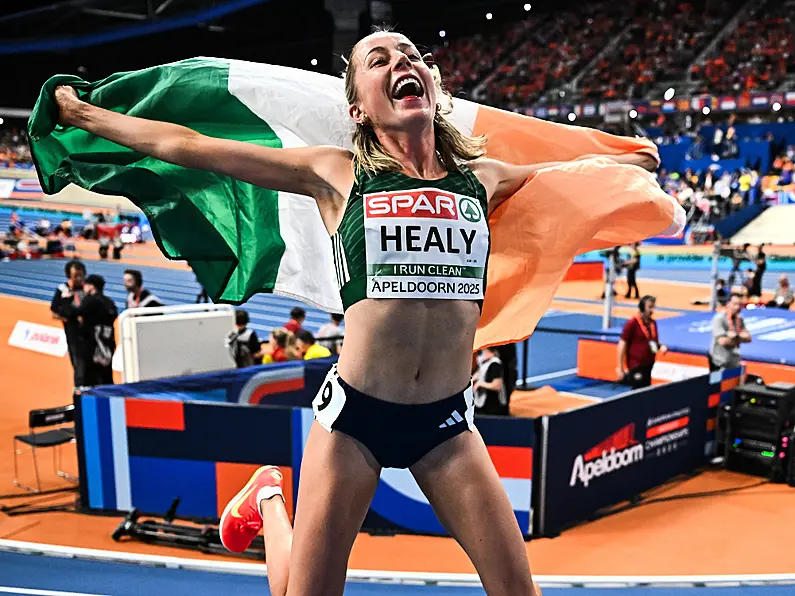The history of the London Marathon stretches back to 1981, with the 44th edition set to take place this Sunday, the 21st of April 2024.
This weekend’s start time is scheduled for 9:40am and staggered from there for the different races, with an estimated cut off time of eight hours after the final competitor has begun.
The route participants will take is largely the same as the one in the inaugural outing on March 29th 1981, kicking off at the Meridian Line in Greenwich Park, weaving through the boroughs of London before finishing on the Mall near Buckingham Palace.
The 2024 TCS London Marathon Event Guide has just dropped! 📖
The guide contains everything you need to know to have an amazing marathon day so make sure to read it in full.
Download the Event Guide now 👇— TCS London Marathon (@LondonMarathon) April 6, 2024
Founded by Olympic steeplechase medallists, Chris Brasher and John Disley, it was originally established to somewhat emulate the New York City Marathon which initiated in 1970.
More than 22,000 runners applied to partake in that first race, although due to capacity and safety reasons, just 7,741 actually ended up crossing the start line, and 6,255 ultimately becoming finishers.
That’s in stark contrast to today’s numbers, with 55,000 people expected to run on Sunday.
That first race was led home by American Dick Beardsley and Norwegian Inge Simonsen who clocked a time of 2:11:48, with Joyce Smith being the first woman home in a time of 2:29:57.
Smith actually went on to complete the double the following year, with her fellow country man Hugh Jones winning the men’s equivalent on the same occasion, marking the first and only time to date that two Britons have triumphed in both the male and female races.
In 1983 the first wheelchair races were held for both genders, and it was announced earlier this year that 2024 will see the London Marathon become the first to offer equal prize money to its wheelchair and able-bodied athletes, in a landmark moment for disability sport.
"I think that many of us thought that this wouldn't be a change that happened in our careers." ♥️
Take a minute and watch @madiderozario speak passionately about prize money parity ahead of Sunday's TCS London Marathon. pic.twitter.com/T2xftwfADN— TCS London Marathon (@LondonMarathon) April 18, 2024
Plenty new ground has been broken elsewhere too in the history of the race. For example, Norway’s Ingrid Kristiansen has championed in it on four occasions in the mid 1980s, the only woman ever to do so.
With that said though, in today’s day and age, Kenya’s Brigid Kosgei is hot on her heels having picked up two titles already at the age of 30, and will surely be striving to match Kristiansen’s hot form.
Overall on the women’s side, Germany’s Katrin Dörre-Heinig holds the record for three consecutive London Marathon titles from 1992 to 1994, with Great Britain’s Paula Radcliffe achieving two in a row in 2002 and 2003, and a third two years later in 2005.
Shortly after her, Germany’s Irina Mikitenko also did the double in 2008 and 2009, as did Kenya’s Mary Keitany (2011 and 2012), with Kosgei (as mentioned) the latest to do it in 2019 and 2020.
Last year it was Sifan Hassan from the Netherlands who crossed the line first in 2:18:33, in her first ever London Marathon, and it remains to be seen who will etch their name into the history books this weekend.
The warrior Sifan Hassan conquered Tokyo 2020 with her resilience! 💪
Despite a fall, she persevered, securing not one but three medals! 🥇🥇🥉@SifanHassan pic.twitter.com/H2URTOLNmZ— Olympic Khel (@OlympicKhel) April 14, 2024
